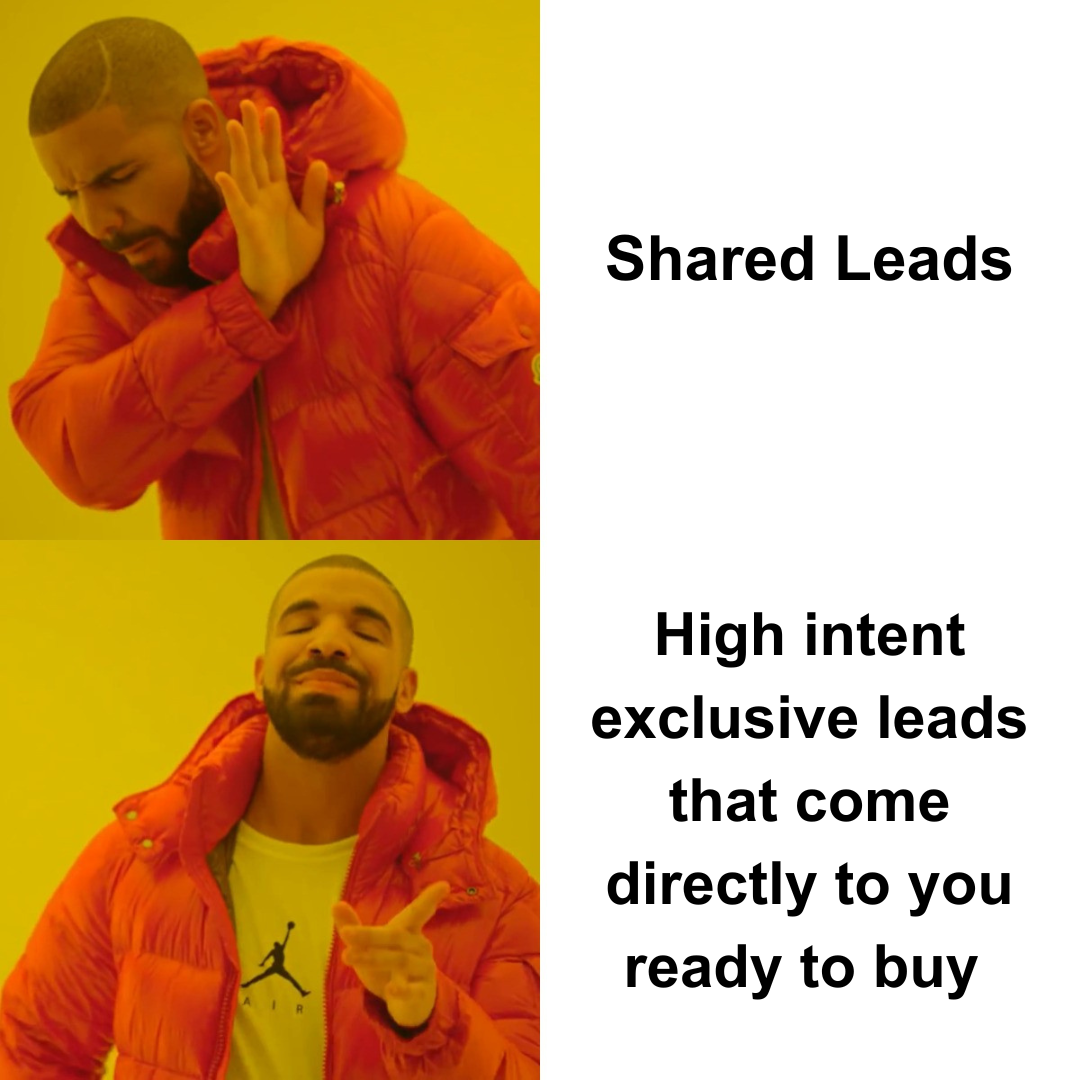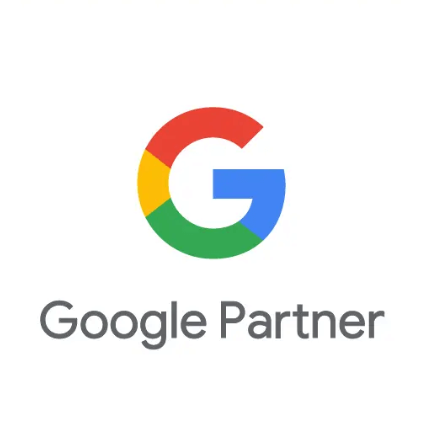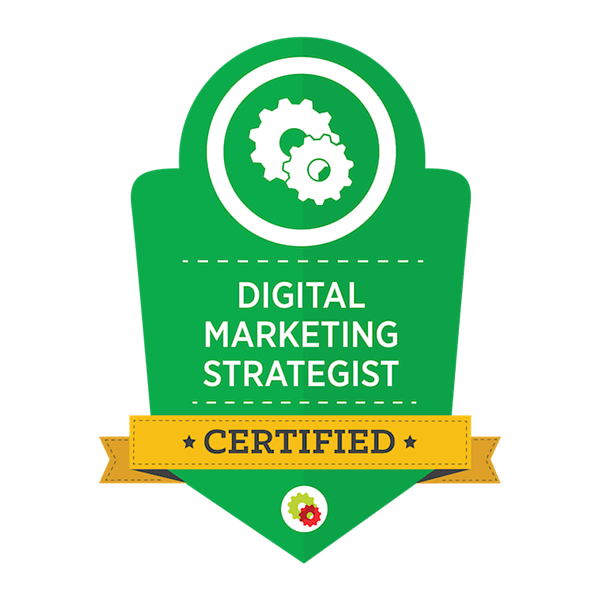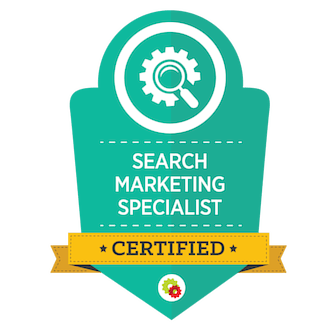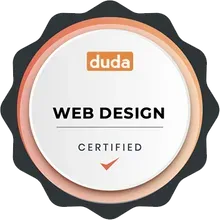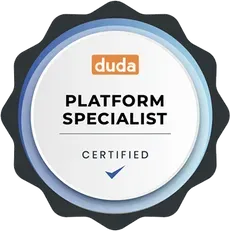Websites vs Funnels: Understanding the Differences and When to Use Each
As online marketing evolves, it’s important to understand the differences between websites and funnels, and when to use each in your online marketing strategy.
Websites VS. Funnels - TL;DR
In the simplest terms, a website brings in traffic and is open to users to navigate freely, while a funnel is a journey that you prescribe and control. The purpose of a funnel is to drive interested buyers to take action on a specific call to action (CTA), whether it’s to opt-in or make a purchase. In fact, a funnel only sells one thing: the next step you want a buyer to take.
When it comes to the user experience, a website’s customer journey is defined by the customer (user), while a funnel’s customer journey is defined by the organization (company).
A website allows prospects to do deep research and browse through multiple pages of information, while a funnel generally only has one landing page with a specific CTA, form submission, or survey.
While a funnel and a website are technically the same, the difference lies in their purpose and programming. A funnel should have a single, clear CTA with no external links that could distract from the primary objective. The content should also support the CTA and be tailored to a specific audience.
It’s important to note that not every business needs a funnel. A funnel is best suited for businesses with a clear objective, a well-defined audience, and a specific product or service to sell. Funnels work best when driving paid traffic to a landing page with a clear CTA.

What is a Website?
A website is a web page collection hosted on a domain and accessible through a web browser. Websites can serve various purposes, such as providing information, selling products, or promoting a brand. Websites can be simple or complex, static or dynamic, and can be created using a variety of platforms and tools.
Some popular website platforms include WordPress, Wix, Squarespace, and Duda (Roundhouse uses and loves Duda).
- WordPress is the world's most popular open-source content management system that gives users the ability to create and manage websites using a variety of themes and plugins.
- Wix is a website builder that offers drag-and-drop functionality and a variety of templates and designs.
- Squarespace is a website builder that provides a variety of templates and designs, as well as a range of features and tools for e-commerce, blogging, and more.
- Duda is a website builder created for agencies, that offers a wide range of templates and designs and powerful tools for creating and managing responsive, mobile-friendly websites.
When to Use a Website
Websites are great for establishing an online presence and providing information about your business or
brand. Here are some situations in which a website may be the best choice:
- Informational websites: If you want to provide information about your products or services, a website is a great way to do it. You can create pages that describe your products or services in detail, provide pricing information, and include customer testimonials and reviews.
- E-commerce websites: If you want to sell products online, an e-commerce website is necessary. You can create a shopping cart, manage inventory, process payments, and even offer discounts and promotions to your customers.
- Blogging websites: A blogging website is the way to go if you want to publish articles or blog posts regularly. You can create posts that are optimized for search engines, include images and videos, and allow readers to comment and share your content on social media.
- Educational websites: If you want to offer courses or educational resources, an educational website is a great way to do it. You can create courses, quizzes, and assessments and provide users with certificates or badges upon completion.
What is a Funnel?
A funnel, also known as a sales funnel or marketing funnel, is a series of steps or stages a user goes through to become a customer. Funnels are designed to guide users through a specific process, such as lead generation, sales, or customer retention. Funnels can be simple or complex and can be created using a variety of platforms and tools.
Some popular funnel platforms include ClickFunnels, Leadpages, and High Level (Roundhouse uses and loves High Level.)
- ClickFunnels is a popular funnel builder that offers a wide range of pre-designed templates and features for creating sales funnels, lead generation funnels, and more.
- Unbounce is a landing page and funnel builder that offers a variety of templates and features for creating landing pages, pop-ups, and more.
- High Level is an all-in-one marketing and sales platform that provides a variety of tools and features for creating and managing funnels, as well as automating client communications, appointment scheduling, and more.
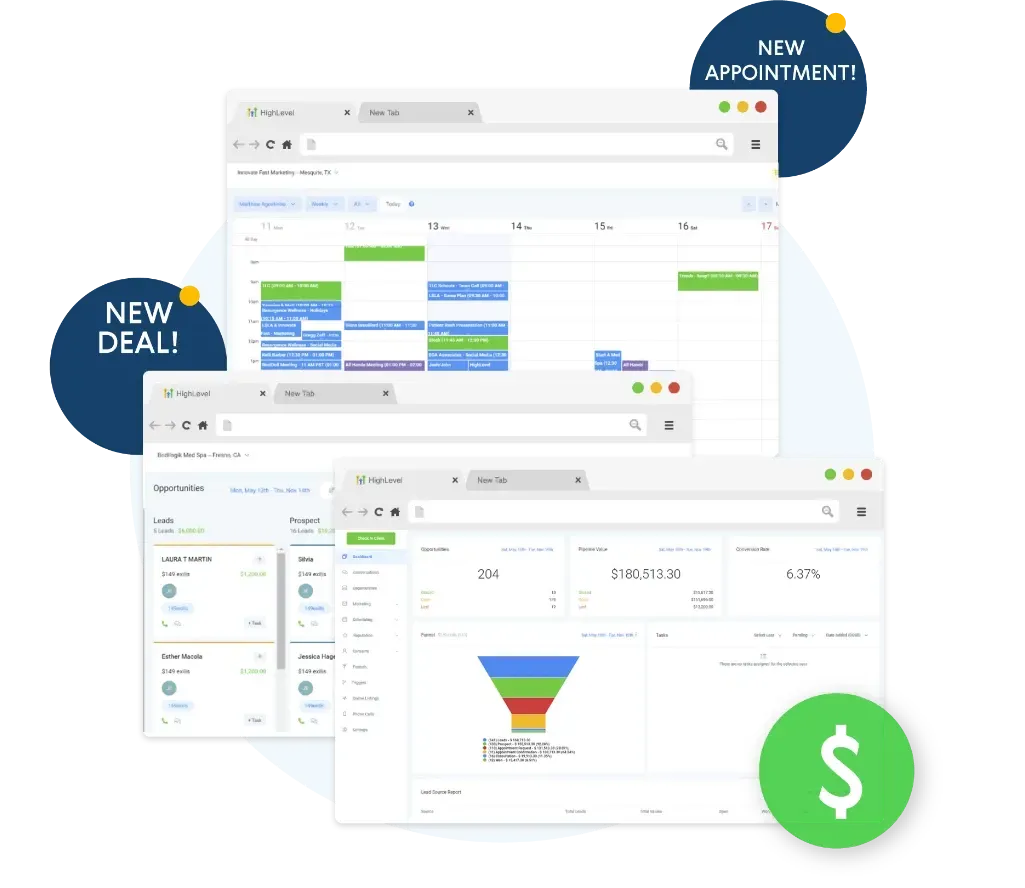
When to Use a Funnel
Funnels are an excellent tool for guiding users through a specific process and achieving a particular goal.
Here are some situations in which a funnel may be the best choice:
- Lead generation: If you want to generate leads for your business, a funnel is a great way to do it. You can create a landing page or opt-in form that offers a free resource or incentive in exchange for the user's contact information. From there, you can guide the user through emails or pages that provide more information about your products or services and encourage them to take a specific action, such as scheduling a call or purchasing.
- Sales: A sales funnel can help you do it more effectively if you want to sell products or services online. You can create a series of pages that educate the user about your products or services, offer testimonials and social proof, and present a compelling offer. By guiding the user through this process, you can increase their chances of purchasing.
- Customer retention: If you want to retain existing customers and encourage them to purchase more, a funnel can help you do it. You can create a series of emails or pages that offer exclusive discounts, upsell opportunities, and other incentives to encourage the user to continue doing business with you.
Websites VS. Funnels: Differences and Similarities
While websites and funnels serve different purposes, the two have some similarities. For example, websites and funnels can be used to promote a business or brand, generate leads and sales, and provide information to customers.
However, there are some differences between them. Websites are typically broader in scope and serve as a hub for all of a business's online activities. On the other hand, funnels are more focused and designed to guide users through a specific process or achieve a specific goal.
Websites can also be more complex and require more maintenance and upkeep than funnels. On the other hand, funnels are designed to be streamlined and efficient, with fewer distractions and more calls to action.
Another key difference between websites and funnels is the level of customization and control they offer. Websites are highly customizable and allow businesses to create a unique brand identity and user experience. On the other hand, funnels are often built using pre-designed templates and may be more limited in terms of customization options.
When to Use Both
While websites and funnels serve different purposes, they can also work together to create a powerful presence online to generate leads and sales for a business. For example, a website can be used to provide information about a business's products or services. In contrast, a funnel can be used to guide users through the sales process and convert them into customers.
Similarly, a funnel can be used to generate leads for a business, while a website can be used to provide more detailed information and build trust with potential customers. By using both websites and funnels together, companies can create a comprehensive online marketing strategy that maximizes their chances of success.
So, which one should I use?
In conclusion, whether you're looking to create a website or a funnel, it's important to keep in mind the differences between the two and choose the one that best suits your needs. If you're unsure of what you need, or if you don't already have a website, starting with a website is likely the best place to begin. Websites are great for providing customers with a wealth of information about your business and can help establish your online presence.
However, if you have a specific service or product and you want to drive as much traffic as possible to an offer, starting with a funnel is likely the better choice. Funnels are designed to guide potential customers through a specific journey, with the ultimate goal of driving them to take action. No matter which option you choose, it's important to remember that a strong online presence is crucial for any business looking to succeed in today's digital age.
If you need help getting started, don't hesitate to contact Roundhouse Digital Marketing for help.
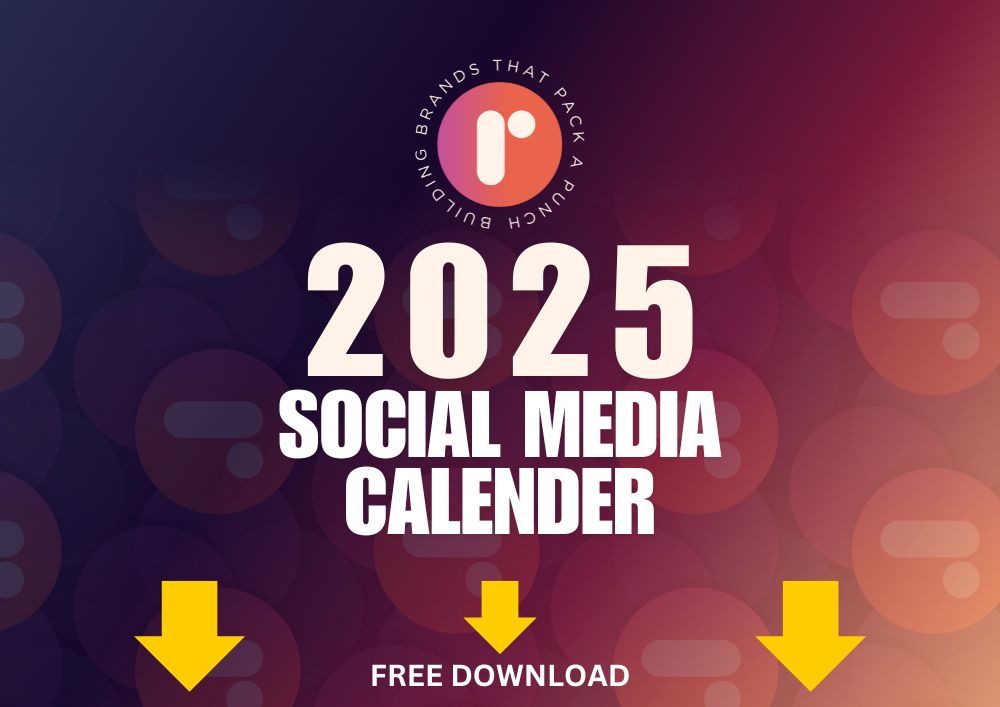
Get Fresh Content From
Roundhouse Digital Marketing
About The Author:

Philip Ellis
Founder and CEO, Roundhouse Digital Marketing
My name is Philip and I am a web design and client attraction consultant. I specialize in helping contractors, roofers, home builders, and other local service-based businesses get more views, leads, and sales online.
With over 12 years of experience in the industry, I have the knowledge and skills to create stunning websites and effective digital marketing campaigns that drive results for my clients.




